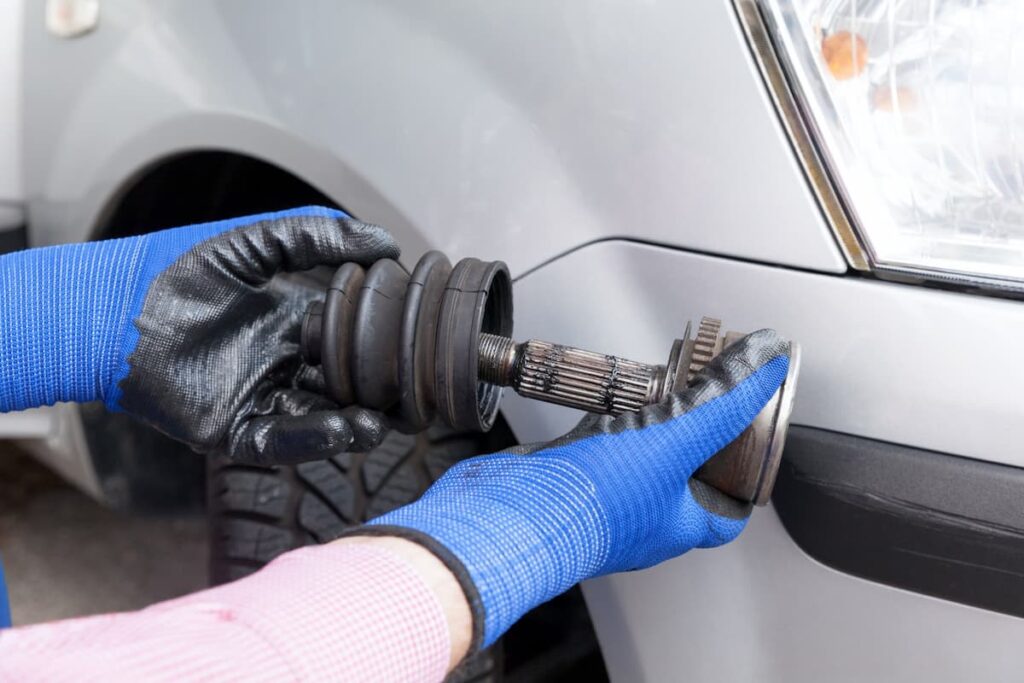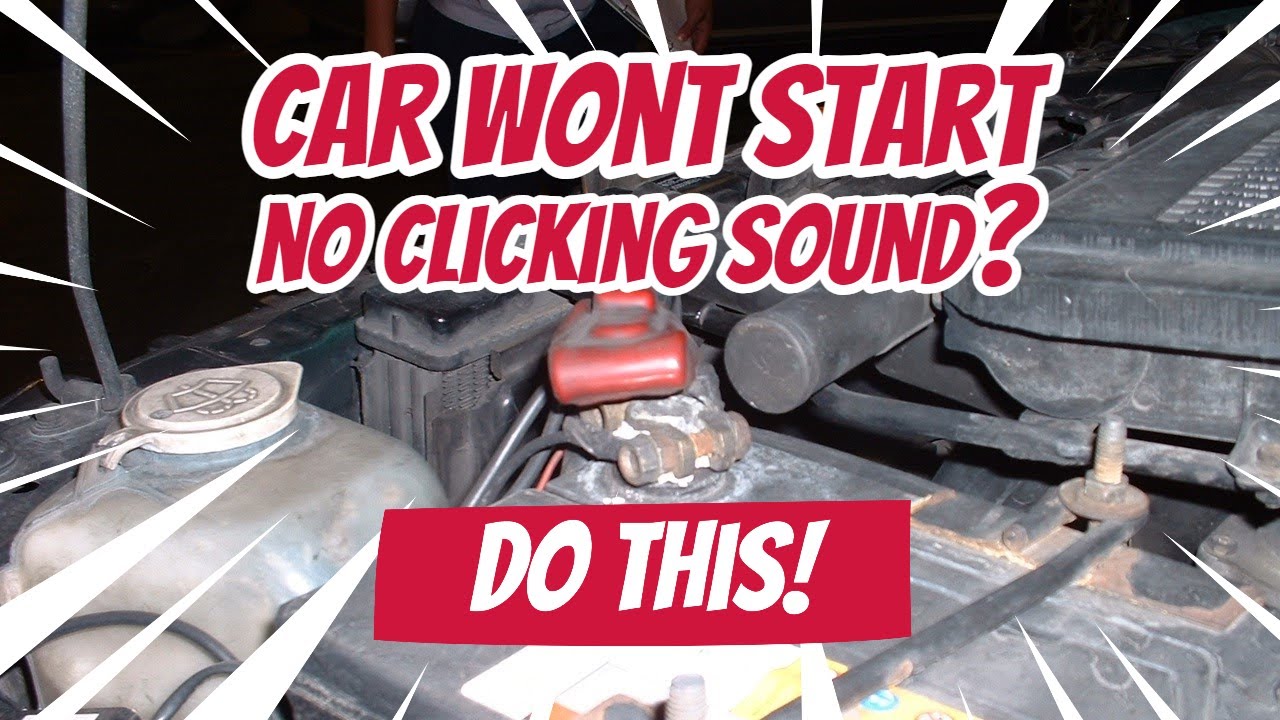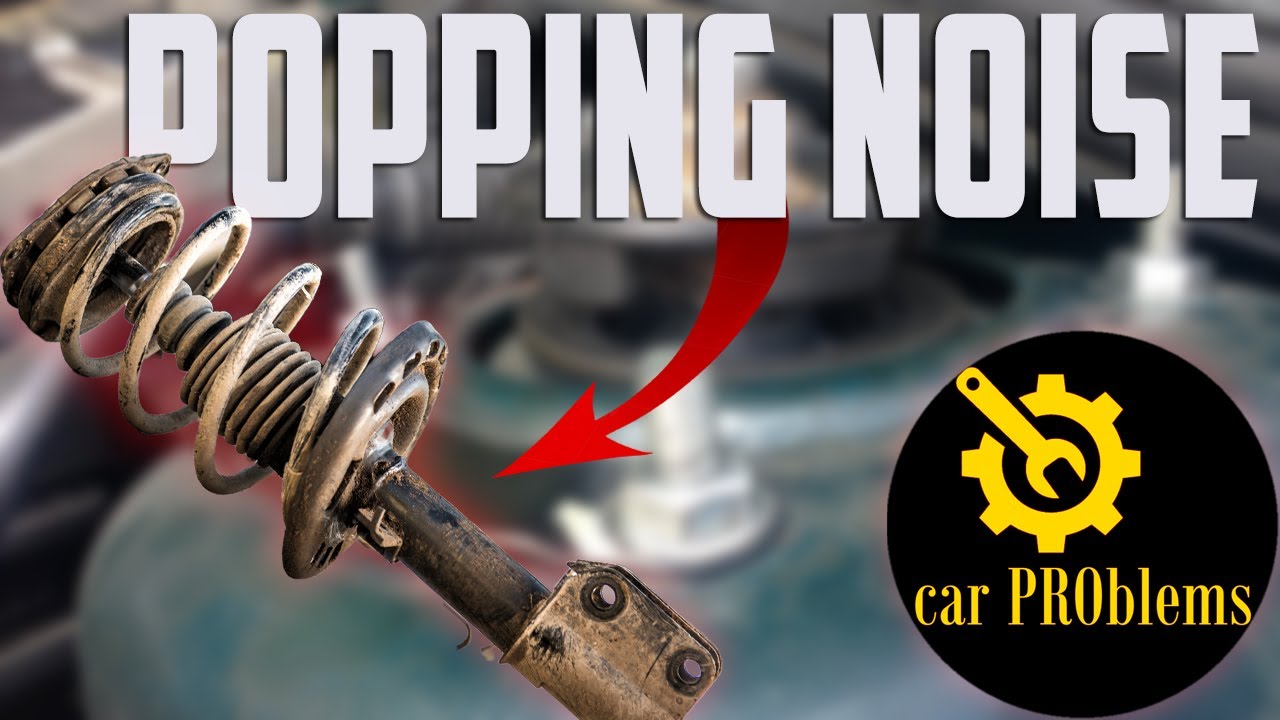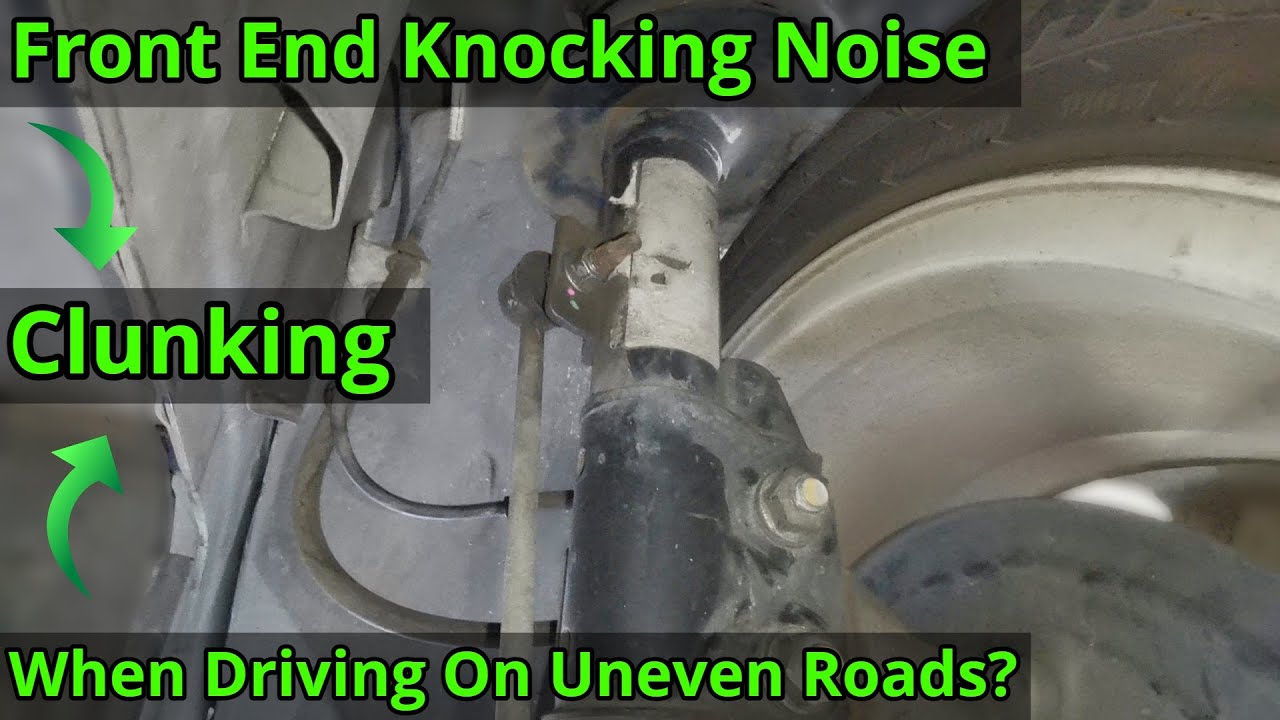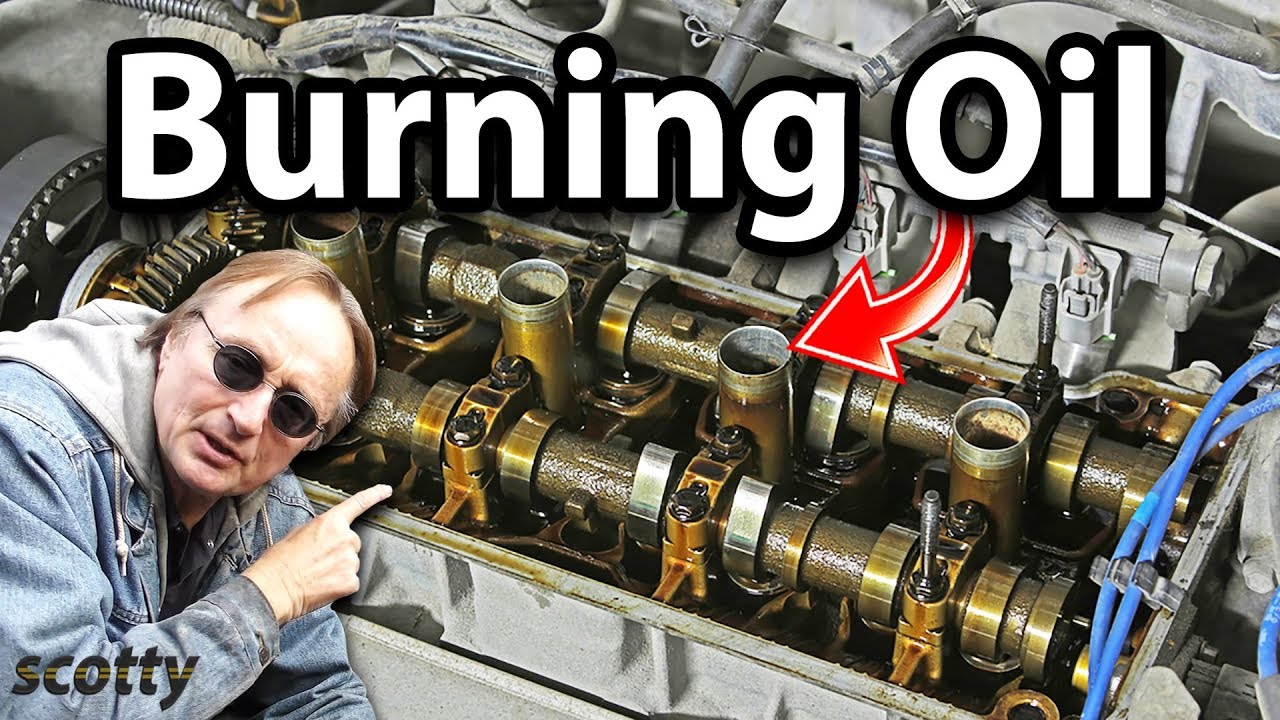Have you ever heard a clicking noise while driving and wondered what it could be? Is there something wrong with your car, or is the sound just normal? You’re not alone if you’ve heard a clicking noise while driving. Many drivers experience this issue from time to time. Unfortunately, there can be many Reasons for this problem.
If you’re hearing a clicking sound while driving, it might be something as simple as a worn CV axle or faulty brake pads, but it could also indicate deeper issues such as low engine oil levels and battery problems. To avoid expensive repairs in the future, make sure to address any clicks coming from your car immediately!
In this article, we will explore the top 10 common reasons why cars make a clicking noise when driving so that you can get back on the road safely and quickly!
Reduced Engine Oil
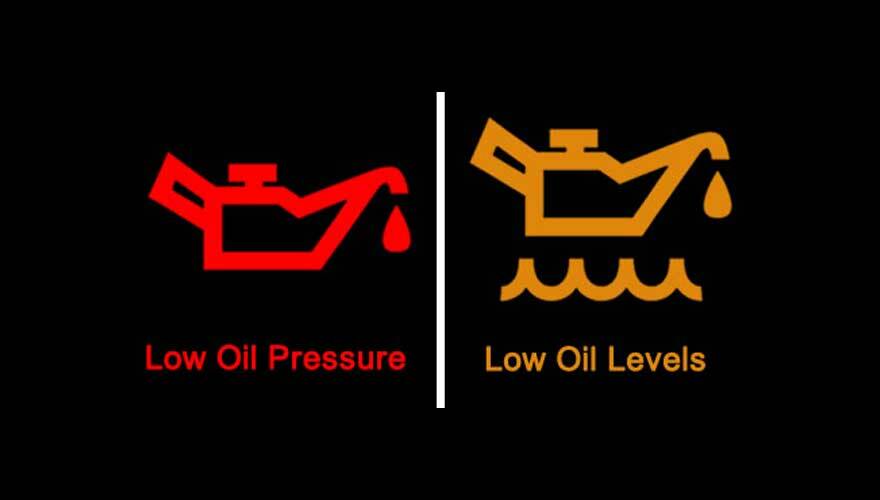
Do you hear a clicking noise when you drive your car? That sound may indicate that there is insufficient lubrication between the moving parts of your vehicle, such as the starter, alternator, or motor. When these parts are not sufficiently lubricated, they can produce a clicking sound that indicates something is wrong. If this happens to you, it is important to take your car in for an inspection and repair as soon as possible.
Solution
If the oil level in your engine drops, it’s time to investigate and find out if there is a leak underneath the hood. Make sure to check as soon as possible so that any necessary repairs can be made quickly! Not attending to this issue quickly can lead to further damage and even.
Topping up engine oil is straightforward; your mechanic will top it up when you take your car in for servicing. However, if there’s an oil leak, no topping can help you maintain the correct levels of motor oil. It might be time to visit a nearby auto shop for some expert advice!
Dirty oil
If your engine oil is insufficient or contaminated, it cannot perform its lubricating duties optimally. When left unchecked for too long, unclean motor oil may cause critical components like oil filters to break down prematurely, ultimately producing a clicking sound.
Solution
To ensure the ideal operation and avoid any potential damage caused by debris-laden oil, ensure that the engine remains stocked with a supply of clean oil at all times. Fortunately, you can change the oil in your car’s engine yourself, or you can take your vehicle in for a service and have a professional do it for you.
Failure of the Constant-Velocity (CV) Axle
Do you hear a clicking sound when turning your car? Chances are, the source of this noise is a faulty Constant Velocity (or CV) axle. These axles enable an automobile’s transmission to power its wheels and provide flexibility through their bearings.
The clicking noise you hear is probably the result of a compromised boot on one of your CV axles. When these boots become damaged, they no longer protect their valuable grease, leading to dryness and friction between components that produces an audible click when they come into contact.
Solution
If the idea of trimming these noises seems too daunting for you, have no fear! Seeking the advice of an expert is a simple solution. Early detection can prevent you from needing to replace your CV axle entirely. A mechanic will be able to determine how far along the damage has progressed and what repairs need completing.
Worn Out Brake Pad
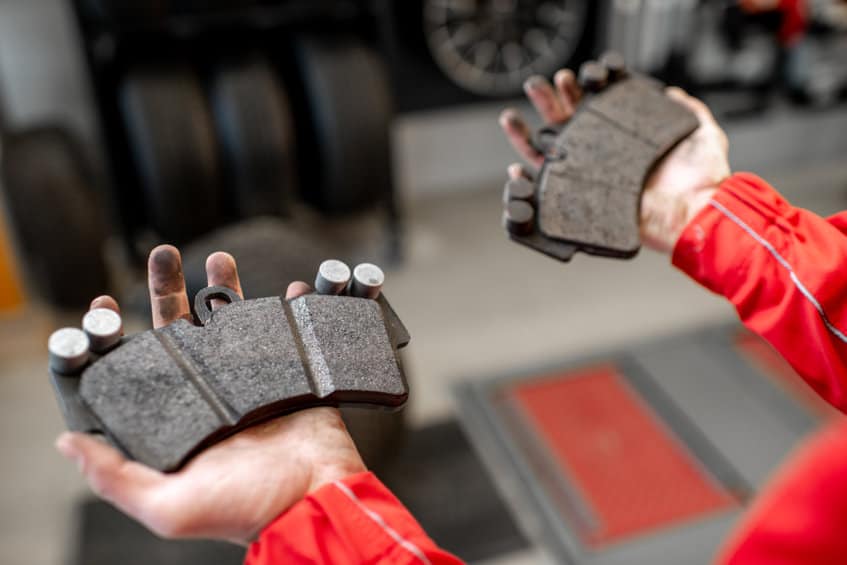
When driving at a slow speed and hearing an audible clicking, it could be indicative of a detached brake pad. The caliper is tasked with securing the pad firmly in place, yet when it has become loose, there will be a clear noise at low speeds along with the movement from the part itself. A sound like this should not go unattended, as important safety measures are involved.
Solution
Resolve the clicking sound coming from your brakes by quickly swapping out those worn brake pads. Simple and effective!
Problem With the Battery or the Generator
If your car has rapid clicking when you turn the key, chances are that there’s still enough strength in the battery to make the starter motor run but not enough to ignite the engine. In this scenario, either your battery is defective, or its power is drained due to a malfunctioning alternator.
Solution
You’ll need to have your battery and alternator tested professionally to determine which part should be replaced. If the battery is indeed dead, you’ll probably need to get a new one – but make sure that the alternator is functioning properly first before replacing the battery. Doing so will ensure that you don’t keep having similar problems in the future. Fortunately, most automotive shops offer free battery and alternator testing services.
Problematic Starting Motor
That single-click noise upon starting your car is not just any sound; it’s the collaboration of two parts working together—the starter motor and relay. If they are faulty or dirty, that distinct clicking will be heard. But when all components work as intended, you won’t even notice the powerful symphony they create to get your ride going!
Solution
Give your starter a gentle tap or pat to check if it’s just an intermittent issue. Who would’ve thought that striking something could be applied in science? It really is astonishing how captivating and enthralling this wondrous subject can be!
Rod Knocking
If the bearing that holds the rod in place has deteriorated, it can produce a knocking or ticking sound. This noise often becomes worse as engine RPMs increase and is usually caused by an out-of-place con rod due to worn engine bearings.
When the gap between the main bearing caps expands from wear and tear, this causes additional room for con rods, leading to further clanking noises.
Solution
Rebuilding your engine is usually necessary in cases like rod-knocking – which can be expensive – but attending to this before time runs out will ensure that you won’t have to worry about financial burdens down the line.
Poorly Adjusted Valves
An incorrect distance between the valves and pushrods will lead to a ticking noise known as valve train misalignment. This is due to the mechanism, the rocker’s arm, which assists in opening and closing the valves being manipulated by pushrods attached to your camshaft. To ensure this process runs smoothly, it is essential that these parts are correctly adjusted for optimal performance.
Solution
The clicking noise produced by out-of-tune(poorly adjusted) valves can be eliminated with a straightforward solution – adjusting the valves!
Worn Out or Broken Spark Plugs
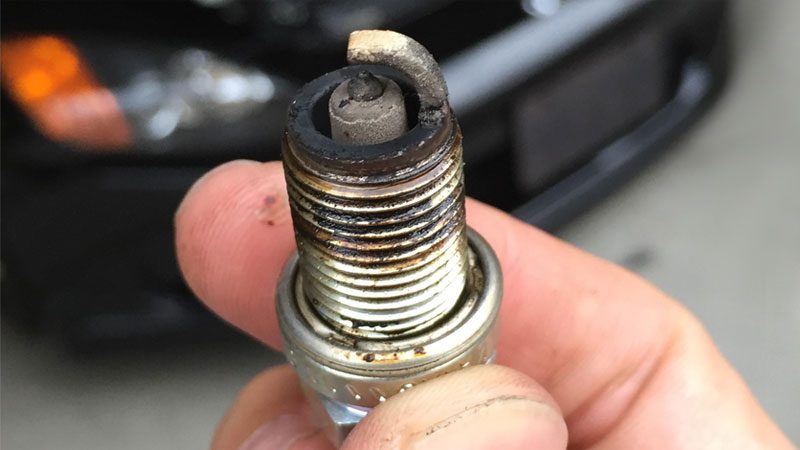
A ticking sound from your engine could be attributed to worn-out spark plugs or misalignment. High-mileage vehicles are particularly prone to this issue as the older ones may not function optimally. If a spark plug is found to be improperly seated, then you will hear a clicking noise emanating from the area of your engine.
Solution
Replacing the spark plug can end the pesky clicking noise you’re hearing, which is likely due to a malfunctioning or worn-out spark plug. Replacing the spark plug can also help improve your car’s fuel efficiency and performance, meaning you’ll enjoy a smoother ride.
Be sure to reference your owner’s manual when replacing your spark plugs so that you know the torque and spark plug gap necessary for your car.
Very Poor Upkeep
Don’t let your car turn into a nightmare! Schedule regular services and inspections to ensure that it runs smoothly and efficiently. If you disregard this advice, you will likely experience clicking noises from the engine, which could result in further damage unless handled by experienced technicians with quality parts. Don’t take chances – ensure your vehicle care for optimal performance!
Solution
To keep your vehicle running long-term and prevent worse damage, it’s important to invest in the right tools and specialists. Through this, any worrying sounds or component issues can be quickly remedied before they become larger problems. Regular maintenance is critical for maintaining a healthy car!
Conclusion
Congratulations! If you’ve been following along, you now have the know-how to understand why that clicking sound may be happening while driving and how to remedy it – all with your vehicle owner’s manual in hand. But if tinkering under the hood isn’t quite your thing, don’t worry; enlisting professional help is always an option should something need repairing.
